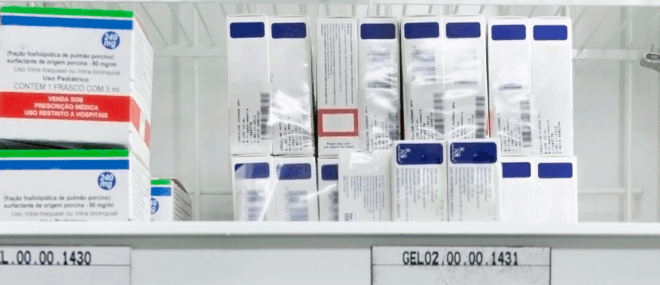In today’s competitive market, fleet managers are constantly on the lookout for strategies to boost efficiency and cut expenses. One strategy that often flies under the radar is eco-driving — a practice that merges fuel-efficient driving techniques with defensive driving principles. In our blog we explore how transportation businesses can unlock substantial savings and improve safety by adopting eco-driving practices.
The dual impact of eco-driving and defensive driving
Eco-driving and defensive driving work hand in hand to promote smarter driving habits. Defensive driving hones a driver’s ability to navigate unexpected situations and road hazards, while eco-driving prioritizes fuel efficiency and lowering emissions. When combined, these approaches offer fleets a range of benefits.
Fuel efficiency
Rapid acceleration and abrupt braking are major culprits of wasted fuel. Eco-driving promotes smooth, gradual acceleration and gentle braking to conserve fuel and maintain better vehicle control. Similarly, defensive driving encourages a light touch on the accelerator, scanning the road ahead for hazards, and braking gradually to ensure safety. The synergy between these two approaches not only reduces fuel consumption but also minimizes the likelihood of accidents.
Maintaining a steady speed
Keeping a consistent speed is a cornerstone of eco-driving, as it prevents fuel-wasting fluctuations. Defensive driving also emphasizes steady speed, making drivers more predictable and attentive to their surroundings. Combining these techniques fosters smoother traffic flow and creates a safer, more efficient driving environment.
Proper tire inflation
Under-inflated tires increase rolling resistance, leading to higher fuel consumption, while improperly inflated tires—whether over or under—can wear unevenly, lose traction, or even cause blowouts. Both eco-driving and defensive driving stress the importance of maintaining correct tire pressure, which enhances fuel efficiency and ensures safer driving conditions.
Anticipating traffic flow
Anticipating changes in traffic allows drivers to navigate more efficiently, optimizing fuel use and reducing unnecessary stops. Staying aware of traffic flow also minimizes sudden braking, distractions, and collision risks. This principle, central to defensive driving, aligns perfectly with the goals of eco-driving for a safer and more fuel-efficient journey.
The benefits of eco-driving for your fleet
Encouraging safe and defensive driving techniques can lead to an eco-friendly version of driving that offers numerous benefits, including the following:
- Reduced crash risk: Drivers trained in eco-driving and defensive driving are less likely to engage in risky behaviors, which could lead to fewer incidents.
- Cost savings: Fuel-efficient driving reduces fuel consumption, and smooth driving reduces wear and tear on vehicles, leading to lower maintenance costs.
- Environmental impact: Reduced emissions contribute to a cleaner environment, enhancing a company’s reputation for sustainability.
- Increased productivity: Efficient driving reduces downtime due to maintenance and incidents, allowing for more operational efficiency.
Take care of your transportation business, your fleet, and your bottom line
Although implementing eco-driving can help reduce your crash risk, accidents can and do happen. That’s when insurance can be helpful. To learn more about how a tailored policy can help protect you, your employees, and your bottom line, visit our Transportation & Logistics Services Insurance page today!




